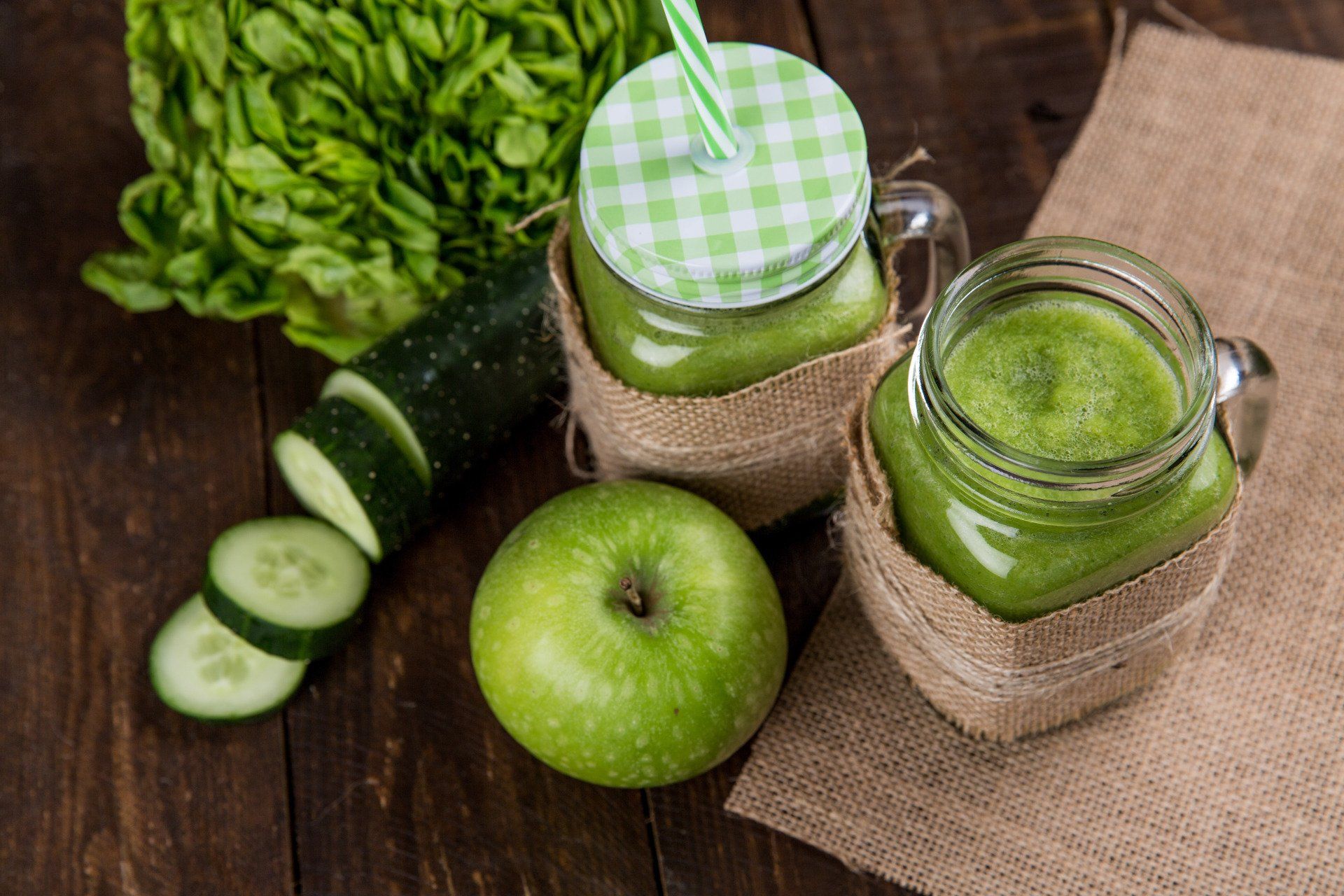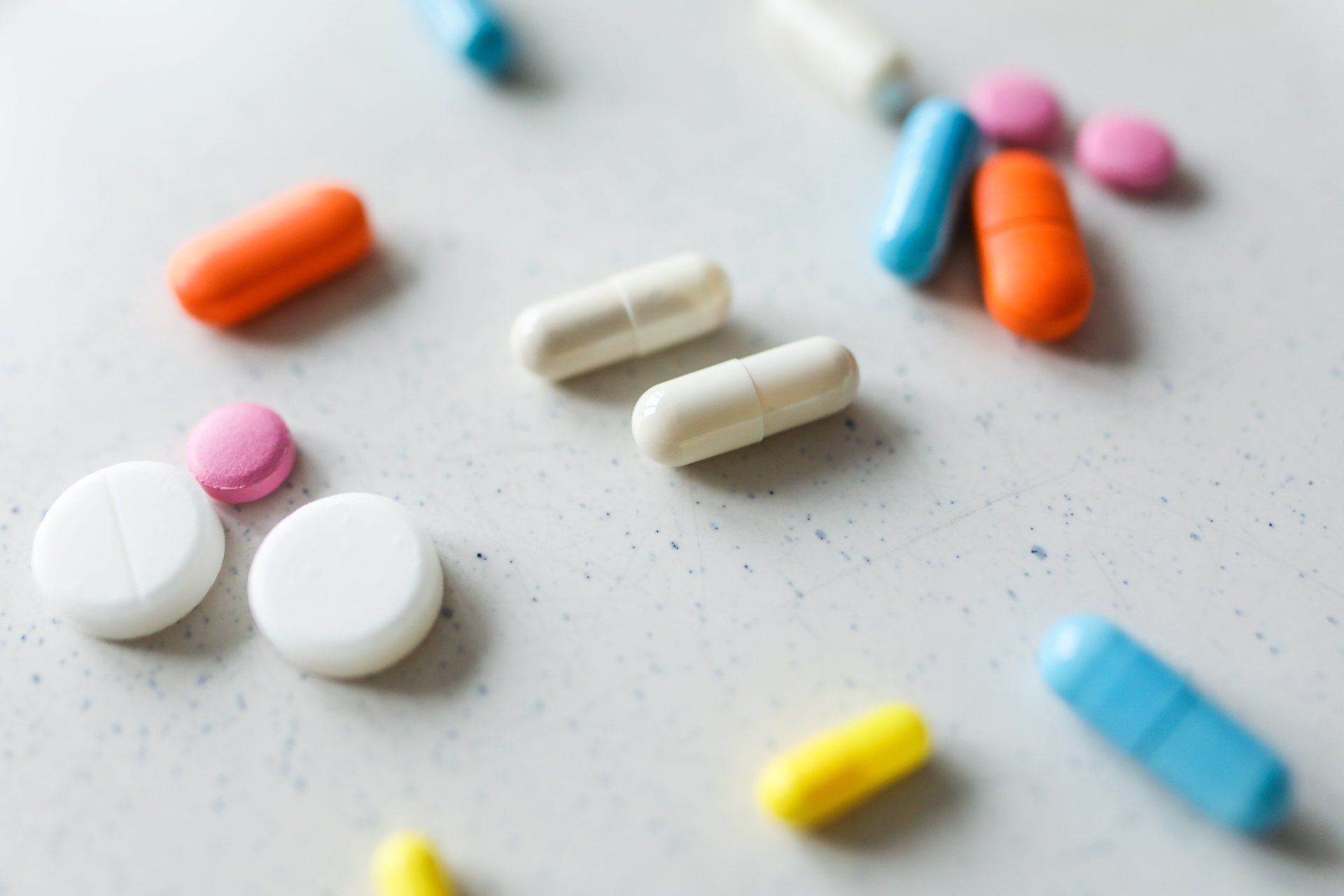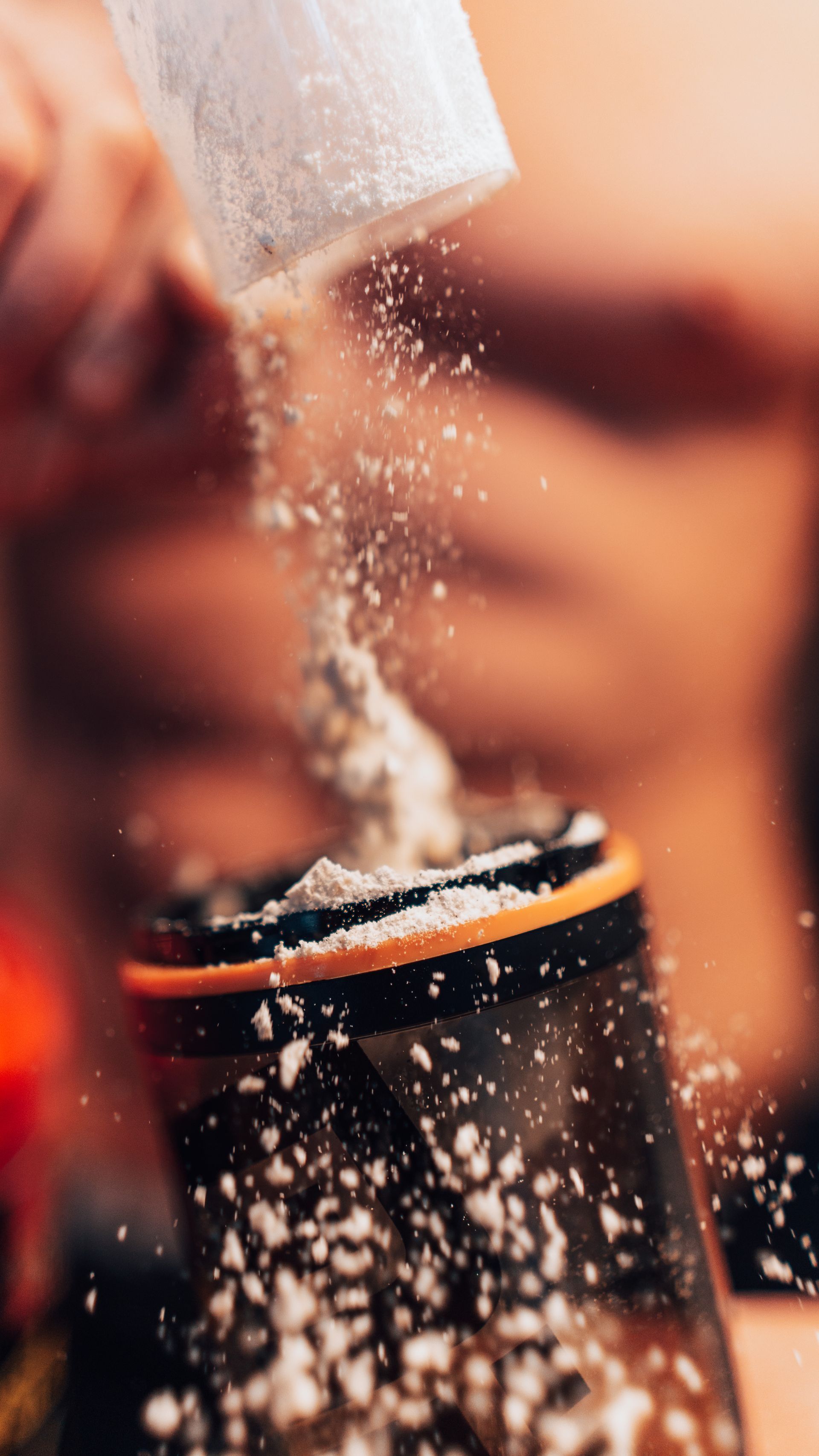You stuffed your face with Mom’s Christmas cookies, Dad’s holiday craft beers, and played video games with your siblings for the first time in years. Now, you feel slightly disgusted with yourself. Hey! You know when a great time is to make a drastic change in your diet and lifestyle?! The beginning of the new year! Time to finally start that new diet, try out all the new detox formulas, and gut cleanses. You’ll likely see a lot of “Reset these symptoms with our 30 day fix” or “shred body weight and eliminate toxins in just 7 days with our cleansing supplements!”
Have you ever wondered to yourself, what am I detoxing from? Are these ‘detoxes’ actually worth it? Are there ways to know which ones could be better than others? Is there any evidence that they work or make long lasting changes? Most importantly, how sustainable are they?
Why Even Detox?
The textbook answer here is: “To eliminate all the toxins from my body.” Granted, over 2000 new chemicals are introduced into food and consumer products per year in the United States, which is cause for questioning (1). First, ask yourself, where did these toxins come from? Do I work in an environment that would be exposed to a lot, such as a coal miner or a firefighter? Do I use a lot of plastic products? Am I eating non-organic, processed foods, or more minimally-processed, well-sourced products?
Second question, how is whatever intervention I’m doing (diet, supplements, fasting, sauna) going to help get rid of specific toxins? Some toxins are stored within our fat cells (industrial chemicals), others in bone (lead), and others hang out in the blood (mercury)(1). From that line of thinking, fat loss could be an effective strategy for some toxins, but can a juice cleanse help get lead out of my bones? That requires more specific chelation therapy.
Is the Price Right?
Upon some quick internet research, I stumbled across a popular ‘Modern Lifestyle Brand’ company that is marketing hundreds of products as a part of their ‘2021 Detox Shop.’ Featuring an $80 water bottle, $60 for a 30-day serving of their ‘Detoxifying Superpowder,’ $249 for five-day supply of a “fasting-mimicking diet,’ and $119 for a “Stone Diffuser.’ Another popular supplement company is offering a ‘21-day purification program’ (saying ‘purification’ is the company’s attempt to make it sound fancier than a ‘detox’ or ‘cleanse’). There is a heavy dietary component, which is always nice to see, but you also purchase several of their supplements to take over the 21 days.
I get it though, we live in a capitalist society, and these companies deserve the right to market their supplements in whatever way possible. As consumers, it’s important to understand the value behind each supplement: what does the evidence say about it, and are their prices reflective of the quality of the product. Many supplement companies now offer links to research that backs up their products. If they don’t, that’s a red flag. If you feel like you’re too busy to read all that research, then it’s important to follow people you trust who stay current with the latest evidence, shameless plug.
Some companies offer a sort of ‘gut reset,’ only suggesting 1–2 supplements along with a dietary component. Only using 1–2 supplements allows you to really decipher if those products are helping or not, rather than taking 10 things at a time and hoping something may help. This is why I’m a bigger fan of gut-based interventions rather than the broad use of the term ‘detox.’ Targeting the gut specifically can be a powerful intervention.
Any Merit?
There is very little existing evidence on the use of ‘detox diets.’ (1) But this is where things get a little murky. Most diets used as a part of a ‘detox,’ are some form of an elimination diet. If you type in ‘elimination diet’ into the central hub for research papers, pubmed.gov, you get over 7,000 results. While for ‘detox diets,’ you only get 21 results. It’s more of a terminology difference than an actual lack of evidence.
Can eating organic food help with removing chemicals? Five families ate all fresh, organic foods for 3 days, while also avoiding plastic water bottles. Their levels of BPA fell by 66% (1). BPA has been detected in the urine of more than 90% of the US population (2). This is why I always try to avoid plastic water bottles, and use glass food-containers whenever possible. At the same time, we don’t yet know much about the long-term health implications of BPA exposure, better safe than sorry in my book.
Another study found a 3 week dietary intervention of antibiotic & cage free eggs, brown rice, seaweed, nuts, vegetables/fruits, combined with an elimination of processed meat, eggs, and alcohol lead to a reduction in GGT, a marker of liver disease (3). There was also a significant reduction in Systolic Blood Pressure and fasting blood sugar in the group with Metabolic Syndrome. Rather than an actual detox, these cardiovascular markers got better simply because they cleaned up their diet, i.e., eliminated processed foods. But, If you’d like to consider that a detox, who am I to tell you otherwise?
Quick Fix vs Lasting Change
Be wary of any program that offers a ‘quick fix’ and gives you no long term guidance. As one study on detox diets concluded: “There is no doubt that sustained healthy habits are of greater long term value than the quick fixes offered by commercial detox diets.” (1) The previously mentioned ‘21-day purification program does offer lots of post-purification guidance, aka dietary strategies and mindfulness practices around eating that can be carried out for the rest of your life.
If you’re like me, your diet, for the most part, is in good shape. It’s when the holidays come around and you have all the gluten, dairy, and added sugar on the planet that things get crazy. But, does that mean you need to do these crazy, restrictive detox plans? Or, would it make more sense just to return to your normal way of eating while adding in 1–2 gut supportive supplements? Which one seems more sustainable long-term?
On the other end, for some people, doing a ‘7 day juice cleanse’ may be the intervention that causes them to re-prioritize their health. In that case it may be worth it, but the fact that nearly 80% of people’s New Year’s Resolutions fail tells me, more long lasting, sustainable health interventions are needed.
If you’re going to take part in a lifestyle clean up, try to look for programs that give you practical strategies for how to sustain your goals in perpetuity. Look for programs that have gut support and nutrition as the cornerstone. Even then, look for things that you will enjoy the process of doing. Make lifestyle changes and goals that you will enjoy the pursuit of. Focusing on a specific goal, such as a number on the scale, can be great, but what happens once you reach that number? Your brain gets on this hamster wheel of just finding the next thing, the next number to hit, the next diet to try.
The new year can be a great opportunity to take inventory of your life. Time for reflection, maybe some re-prioritization, and maybe even some changes. But just remember, before you start that new juice cleanse or detox regimen, ask yourself: “Will I enjoy this?”
If you have any questions, comments, or concerns on anything we discussed, feel free to email me at info@hivenaturalhealth.com. You can also reach out to me on Twitter, or Instagram, or you could always pose a question in the comment section of this article.
As always, Trust in Your Gut.
Disclaimer: The contents of this article are for educational purposes only, and are not intended to diagnose or treat any condition. Do not apply any of the information in this article without first speaking with your doctor.








